
Agenda | Dec 01,2024
The government ended the sugar production and import subsidy scheme at the beginning of the new year. The removal of the subsidy, which had been in force for a decade, means a five Birr retail price increase for each kilogram of sugar.
A letter sent from the Ministry of Trade & Industry to the Ethiopian Sugar Corporation on September 15, 2020, has increased the factory gate price of the commodity from 15.54 Br a kilogram before value-added tax (VAT) to 20.54 Br.
The increase was made due to rising production and the cost of importing sugar, according to Eshete Asfaw, state minister for Trade & Industry.
"It's not meant to make profits," he said. "It's to stop the losses the Corporation has been incurring and make it at least cover its costs."
With the previous pricing scheme, the government was subsidising the Corporation, which carries three billion Birr in debt from the Commercial Bank of Ethiopia (CBE) for imports of sugar, to provide the commodity to consumers at an affordable price, according to Eshete.
With the amended price, a quintal of sugar at the factory gate will be sold at 2,250 Br for consumers and 2,456.50 Br for industries. The latest price change is the fourth since the government took control of the price and the sugar value chain.
A decade ago, due to market disruption caused by inflation and international sugar price increases, the government suspended the auction system, assumed authority of the value chain and the price, and established the Ethiopian Sugar Corporation. It was established as a state-owned enterprise and sources finance through the Sugar Development Fund, taking on loans with the government's guarantee.
For the past couple of years, the Corporation has been producing and importing sugar while state-owned wholesale and import trade enterprises have been distributing the commodity. In addition to the production, the Corporation transports sugar to its storage facilities located in Wonji, Metehera, Qality and Fincha. Regional states then distribute the sugar based on the quota allocated by the Ministry.
The Industrial Inputs Development Enterprise serves as a wholesaler by channeling the sugar to retailers. Consumer cooperatives, Ethiopian Fruit & Vegetable Marketing (Etfruit) and other private retailers get their sugar from the Enterprise. With the distribution system, each household can purchase up to five kilograms of sugar each month for a fixed price. The latest price was 20.40 Br a kilogram and jumped to 25.54 Br after the subsidy removal.
Since the establishment of this value chain, the factory gate prices of sugar have changed three times. In 2013, a quintal of sugar was 1,100 Br, and it was increased to 1,400 Br after two years. The last change was made in 2018, when the the price increased to 1,642 Br a quintal.
Imported and locally produced sugar from Wonji, Fincha and Metehara sugar plants is subjected to a 20pc excise tax after production and a 15pc value-added tax (VAT) on top of the factory gate price. The recently legislated excise tax has reduced the rate from 33pc.
The latest price change was made following repeated calls from the Sugar Corporation, according to Gashaw Aychiluhem, executive officer of corporate communications of the Corporation, which has over 60,000 employees and has been undergoing major reforms since July 2019.
“The cost of production has been increasing,” said Gashaw.
An expert who has been studying the sugar value chain for the past three and a half decades supports the latest price increase, mentioning that the subsidy was benefiting individuals rather than consumers. He says that some industries, which get sugar from the Corporation, have been selling the commodity in the black market at higher prices.
"It's also a good thing that the difference between the selling price for industries and consumers is less than 200 Br a quintal," he said. "When there is a huge price difference between the two, the sugar that is meant for consumers will be sold to industries in a black market."
However, the expert strongly opposes the government's involvement in the production and distribution of sugar.
"The government should fully stay away from the value chain and pricing of sugar," he said. "Manufacturers and buyers should determine the price of the commodity."
In addition to local production, the Corporation imports a substantial amount of sugar that is also sold at a subsidised price to fill the market gap.
“We sell the imported sugar at a loss,” Gashaw told Fortune. "We requested reimbursement from the Ministry of Finance to compensate for our losses, and we're still waiting for a response.”
The Corporation has been importing as much as four million quintals of sugar a year. But the value was halved in the last fiscal year after local sugar production showed improvement. During the past fiscal year, the operational factories produced 3.2 million quintals of sugar, registering a 700,000ql increase from the previous year.
The local production of sugar has improved in volume despite the ongoing problems, according to Gashaw. He mentions the Novel Coronavirus (COVID-19), the recurrent political instability and the untimely rain, which makes cane cutting difficult, as the major challenges to the Sugar Corporation.
Sucden Middle East won the bid to supply two million quintals of sugar for 374.89 dollars a tonne FOB (freight on board). Sucden ships the sugar up to Kakinada Port, India, and the Ethiopian Shipping & Logistics Services Enterprise ferries the sugar from Kakinada Port to the Port of Djibouti at 62 dollars a tonne.
Under a new arrangement, the Shipping Enterprise transports the sugar from the Djibouti port to the warehouses of the Corporation with its trucks. Previously, the Corporation itself was transporting the sugar from Djibouti after floating a tender to hire transporters.
The two million quintals of sugar, which is meant to be used this year, is transported by eight ships. So far, 455,000ql of sugar transported by two vessels have arrived in the country, while the third ship carrying 290,450ql of sugar has arrived at the port of Djibouti. The fourth ship has departed from the port in India.
Over the past couple of weeks, there has been a shortage of sugar in the market since local sugar factories have ceased production. During the rainy season, factories undergo maintenance until November, and the local demand during this season is filled by imports.
PUBLISHED ON
[ VOL
, NO
]

Agenda | Dec 01,2024

Verbatim | Jun 10,2023

Radar | Jan 01,2022
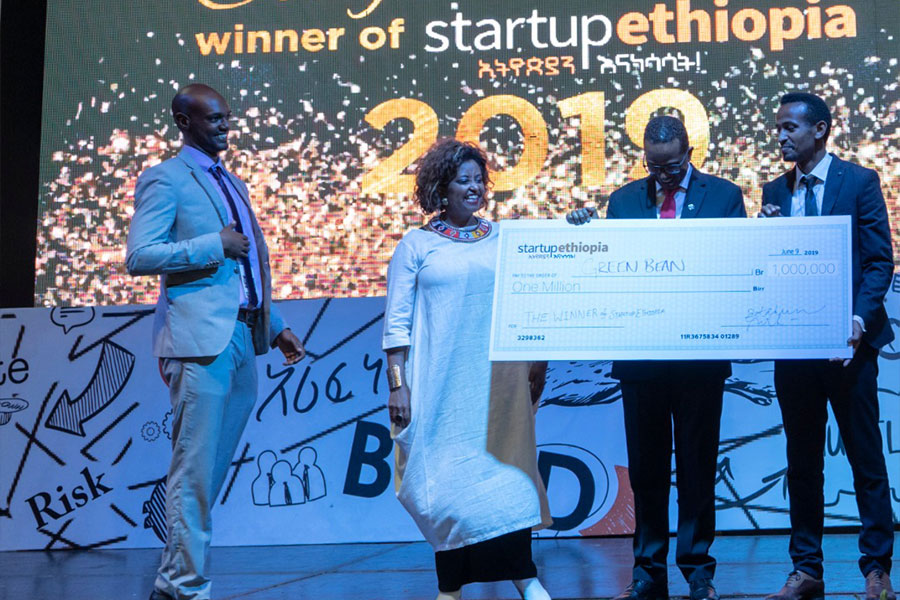
Featured | Jul 06,2019
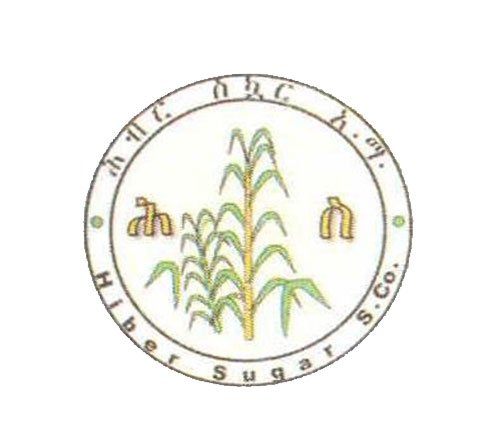
Fortune News | May 08,2021
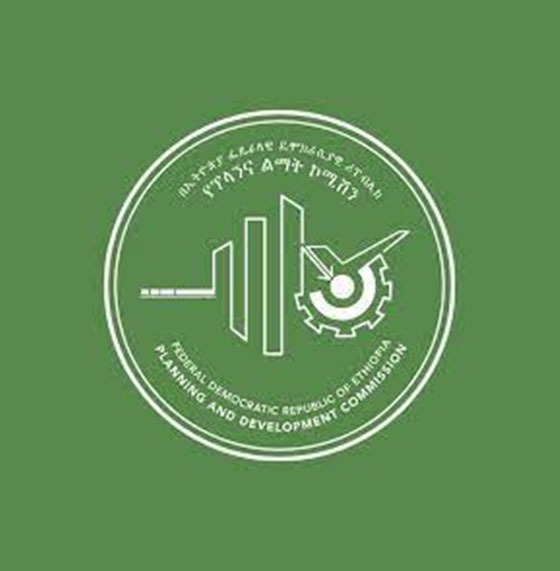
Fortune News | Jul 31,2021
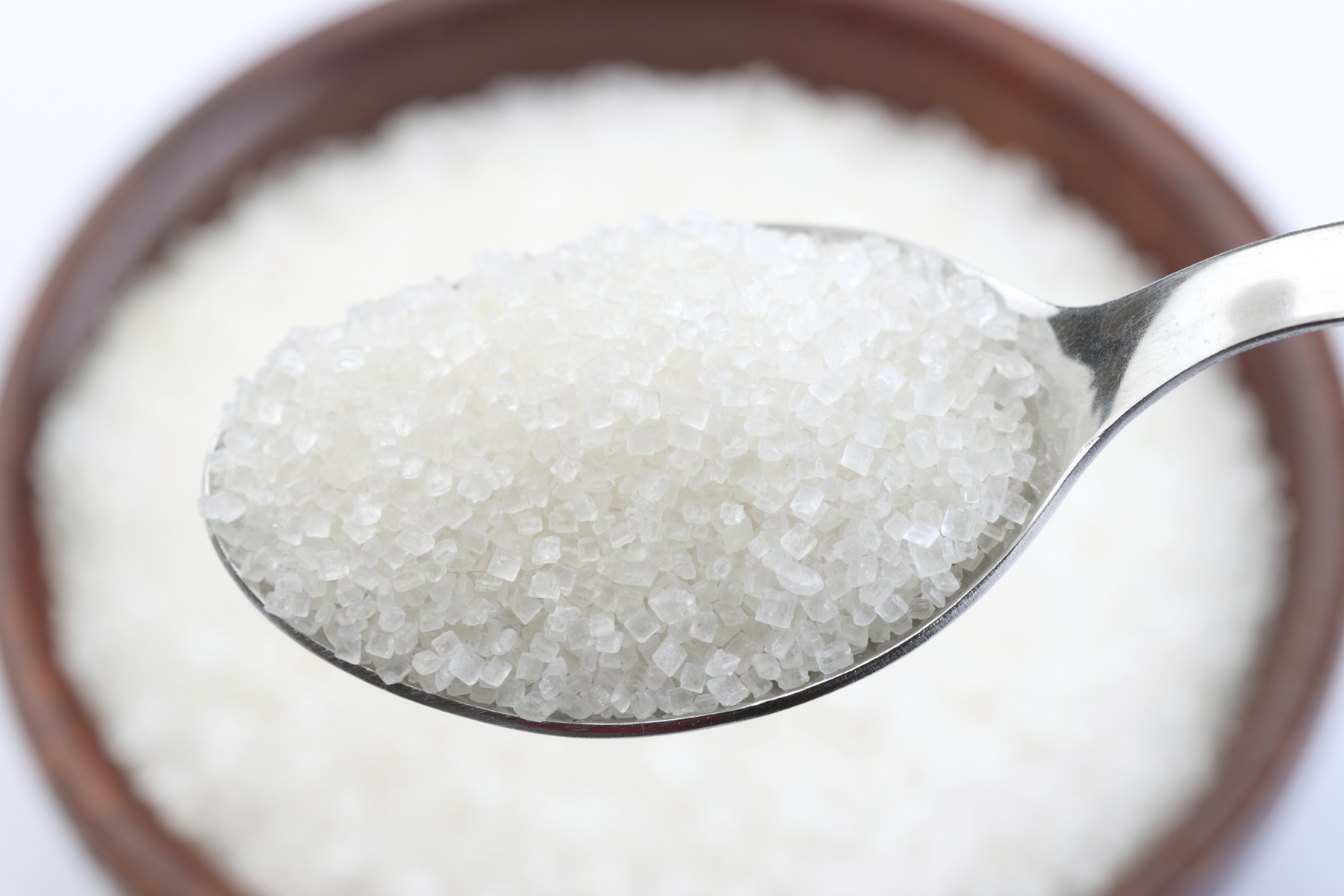
Agenda | Apr 06,2024
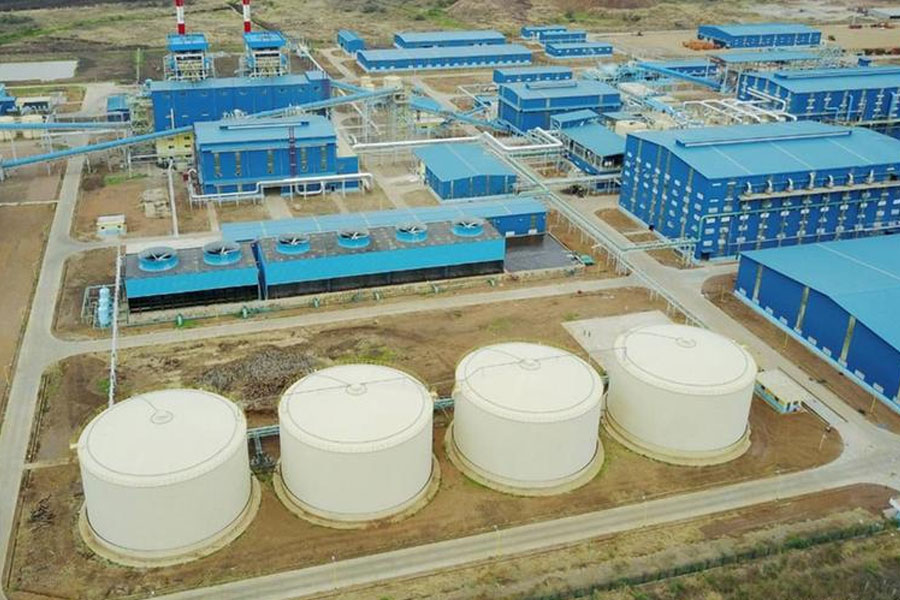
Fortune News | Feb 18,2023
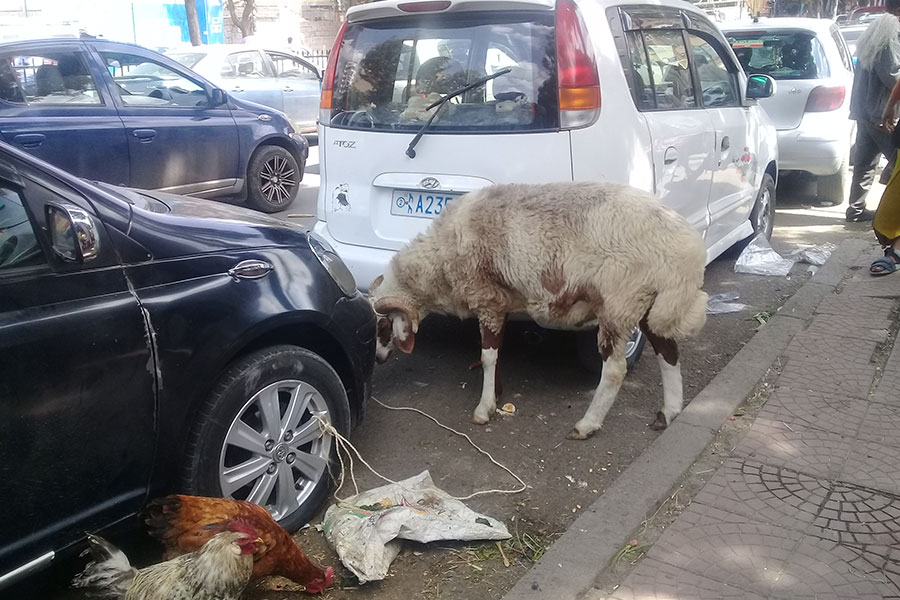
Radar | Apr 22,2022
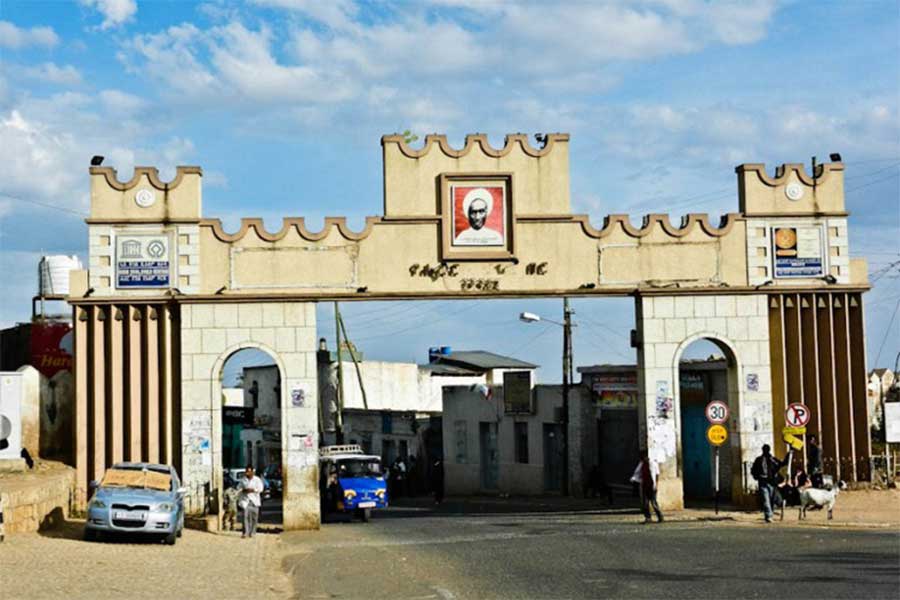
Fortune News | Sep 27,2020

Dec 22 , 2024 . By TIZITA SHEWAFERAW
Charged with transforming colossal state-owned enterprises into modern and competitiv...

Aug 18 , 2024 . By AKSAH ITALO
Although predictable Yonas Zerihun's job in the ride-hailing service is not immune to...

Jul 28 , 2024 . By TIZITA SHEWAFERAW
Unhabitual, perhaps too many, Samuel Gebreyohannes, 38, used to occasionally enjoy a couple of beers at breakfast. However, he recently swit...

Jul 13 , 2024 . By AKSAH ITALO
Investors who rely on tractors, trucks, and field vehicles for commuting, transporting commodities, and f...

Jul 12 , 2025
Political leaders and their policy advisors often promise great leaps forward, yet th...

Jul 5 , 2025
Six years ago, Ethiopia was the darling of international liberal commentators. A year...

Jun 28 , 2025
Meseret Damtie, the assertive auditor general, has never been shy about naming names...

Jun 21 , 2025
A well-worn adage says, “Budget is not destiny, but it is direction.” Examining t...